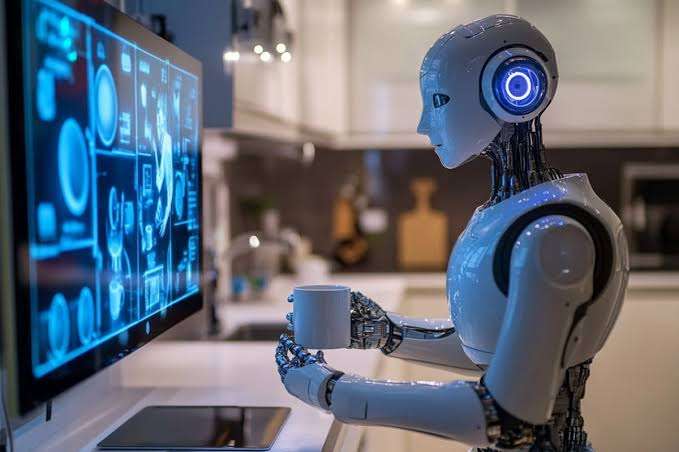From writing code to crafting marketing emails, artificial intelligence has shown it can do so many things. And, the greatest shock? It can deliver even faster. Yes.
Who should be scared of the days ahead? How should begin to make a career switch? Keep reading to find out.
While AI excels in structured, data-driven environments, there are still domains where the human mind and heart reign supreme.
Jobs involving emotional intelligence, ethical judgment, physical dexterity in unpredictable settings, and cultural nuance remain difficult, if not impossible, for AI to replicate.
Techparley’s correspondent Rasheed Hamzat compiles a list of job roles beyond AI as they require more than automation.
1 —Mental Health Professionals
Psychologists, psychiatrists, and therapists build trust over time, read emotions, and guide patients through highly personal journeys. AI tools may assist with mood tracking or initial screenings, but healing still needs a human touch.
2 —Teachers & Early Childhood Educators
While AI tutors can deliver content, real educators cultivate curiosity, manage complex social dynamics, and adapt to classroom unpredictability. For young learners, human connection is crucial for growth and learning.
3 —Creative Directors & Brand Strategists
AI can generate content —but vision, taste, and long-term storytelling are deeply human. Strategic branding needs intuition and cultural awareness, which no algorithm can fully master.
4 —Social Workers
These professionals navigate complex emotional, legal, and social terrains. From domestic abuse cases to child welfare, the stakes are too high for automated judgment.
5 —Skilled Trades (Electricians, Plumbers, Mechanics)
No matter how advanced robots become, most homes and job sites are too variable for automation to be safe or reliable. Skilled tradespeople think and move dynamically in real-world settings.
6 —Clergy & Spiritual Leaders
You can train AI to quote scripture, but not to believe, inspire, or shepherd a faith community. Spiritual leadership requires empathy, lived experience, and moral guidance.
7 —Negotiators & Mediators
AI struggles with reading body language, navigating power dynamics, or persuading in real time. Conflict resolution is as much art as science—and still human territory.
8 —Ethical Hackers & Cybersecurity Analysts
AI can detect known threats, but human attackers think creatively. Defending against them requires critical thinking, instinct, and ethical judgment that algorithms can’t predict.
9 —Investigative Journalists
AI summarizes stories, but it can’t build sources, chase leads, or interpret power dynamics. Journalism, especially in conflict zones or corrupt systems, needs fearless humans.
10 —Nurses & Complex-Care Surgeons
AI may assist with diagnostics or even robotic surgeries—but patient care, compassion, and judgment in emergencies are human strengths. Nurses, in particular, are irreplaceable on the frontlines.
Collaboration, Not Replacement
Many startups are now building tools that empower workers rather than eliminate them. Platforms like Creyos support mental health professionals, Pienso enables ethical AI development, and Replit helps developers become more efficient without losing their edge.
These companies see AI as a partner, not a substitute. Also, major institutions like Mayo Clinic, The New York Times, and Harvard have leaned into their human identity —where trust, ethics, and originality define their value.
Their message is clear. Being human is not a bug. It’s the brand.
AI-Proofing Your Career
Instead of fearing AI, professionals should develop skills machines can’t master —like critical thinking, adaptability, emotional intelligence, and ethical reasoning.
Learning platforms like Coursera, LinkedIn Learning, and Skillshare are already ramping up programs in these areas.
Talking Points
At Techparley, we strongly believe that the future isn’t human or AI. It’s human with AI. The smartest move? Focus on what makes you irreplaceable.





